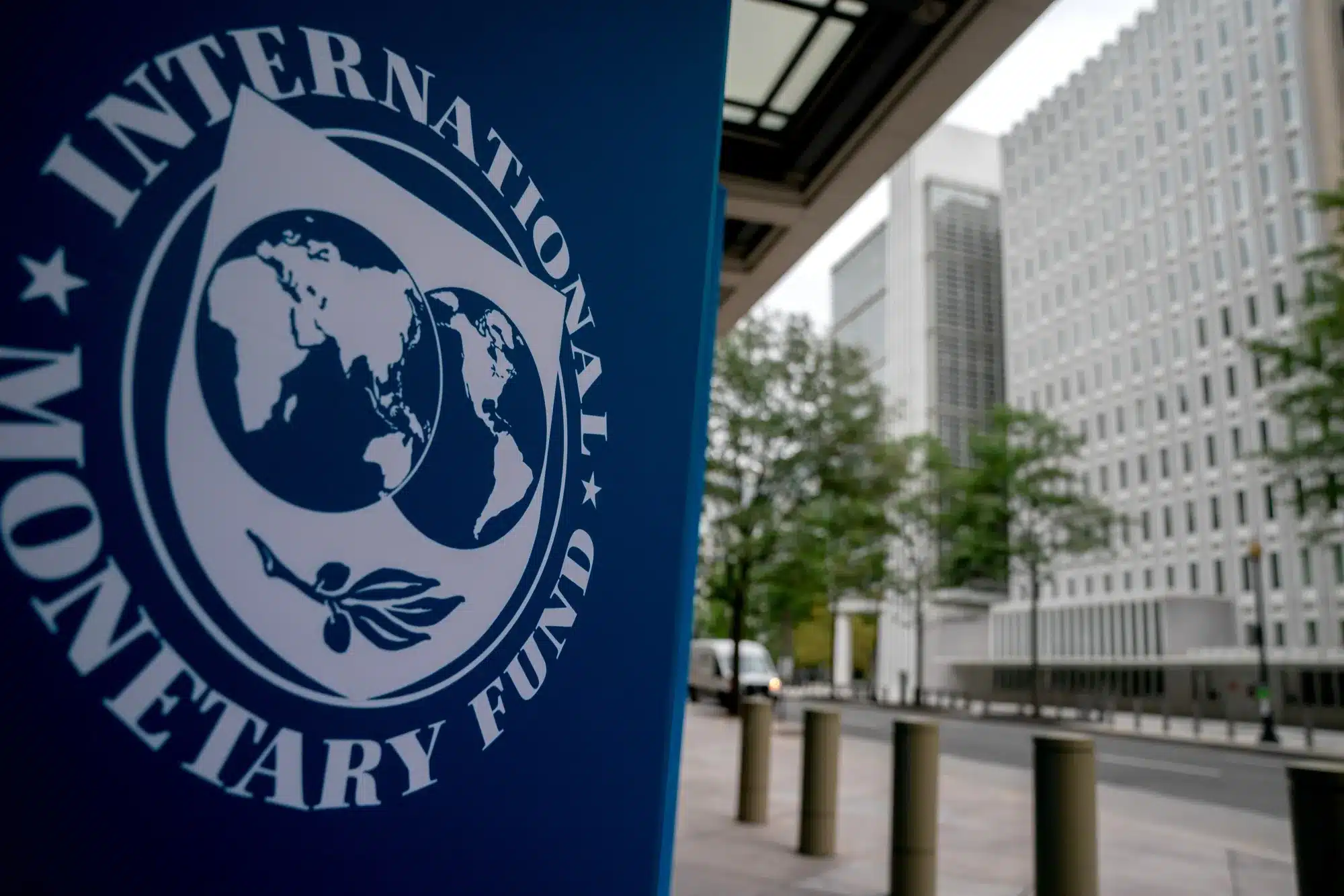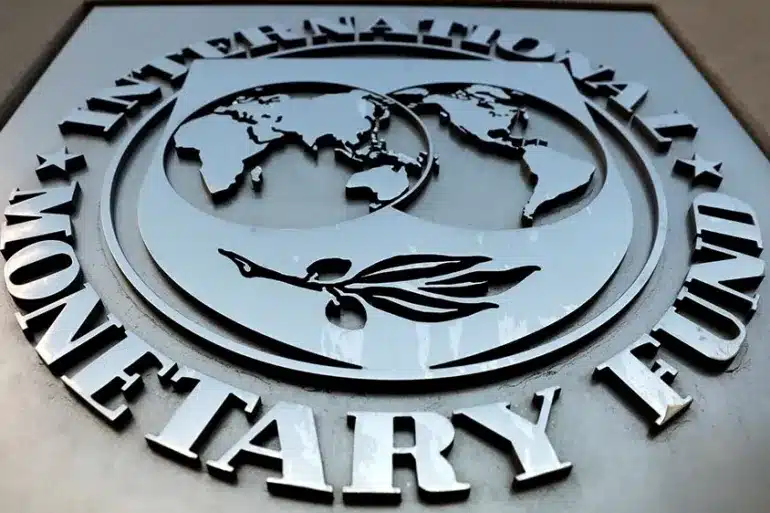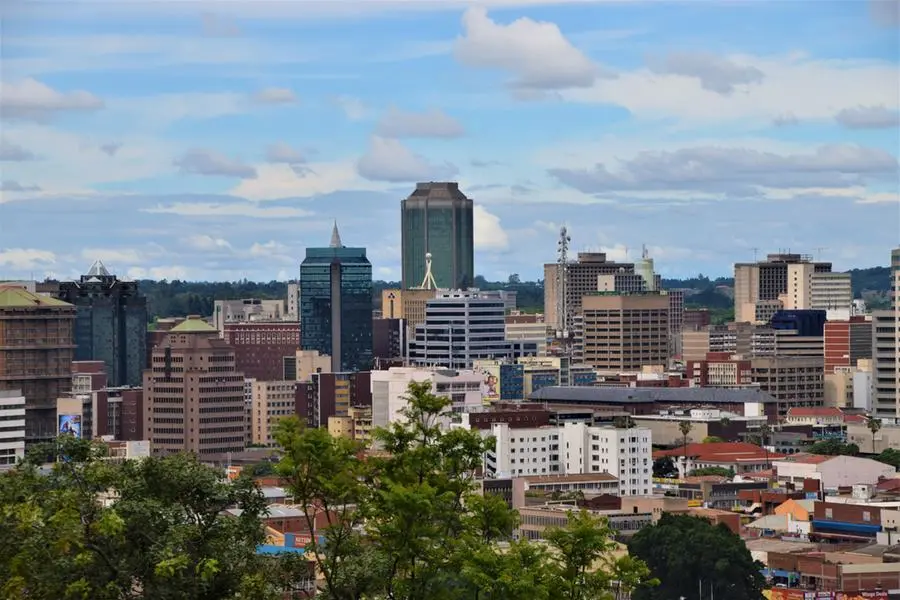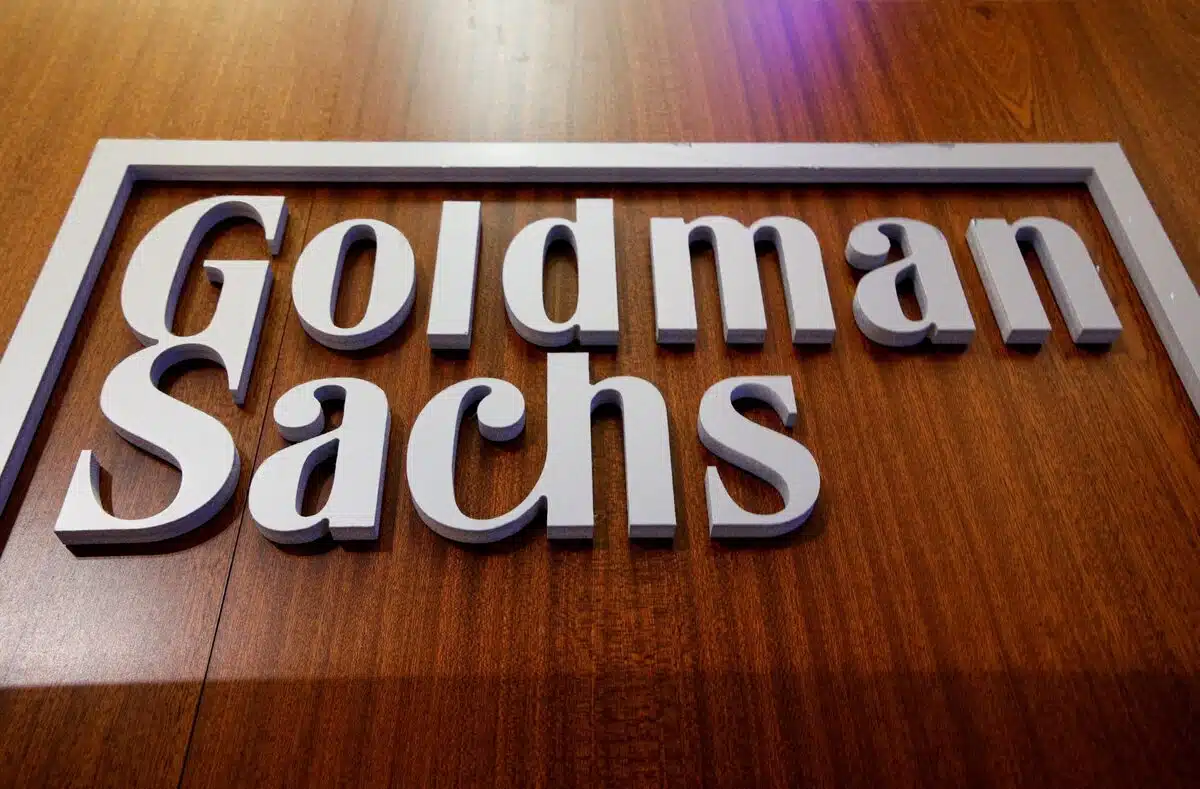Business activity across Nigeria, Kenya, South Africa, Egypt, Uganda, Zambia, and Ghana moved on diverging paths in August 2025, according to the latest S&P Global Purchasing Managers’ Index (PMI).
While some markets showed resilience, others remained weighed down by weak demand, currency volatility, and post-protest disruptions.
Nigeria led the continent with a PMI of 54.2, supported by robust demand and easing inflation. Uganda followed at 53.3, with Zambia at 51.2.
Ghana and South Africa stayed marginally in growth territory at 50.8 and 50.1, respectively. By contrast, Kenya (49.4) and Egypt (49.2) remained in contraction.
A PMI reading above 50 signals expansion in private-sector activity, while a figure below indicates contraction. The index draws on monthly survey responses from about 400 companies in agriculture, manufacturing, services, construction, wholesale and retail, covering new orders (30%), output (25%), employment (20%), suppliers’ delivery times (15%), and stock of purchases (10%).
Nigeria: Demand surges as inflation eases
Nigeria’s PMI climbed to 54.2 from 54.0 in July—its strongest since April—driven by a 19-month high in new orders and stronger output across all sectors except manufacturing. Inflationary pressures moderated, leading to the slowest rise in selling prices since April 2020, although job creation stayed muted.
An International Monetary Fund review noted that naira stabilisation and improved food production have helped cool inflation to 21.3% in July from an average of 33% in 2024, aided by the rebasing of the Consumer Price Index in January 2025.
“Business activity was driven by sharper increases in output and demand, stirred by easing input and output costs,” said Muyiwa Oni, Head of Equity Research at Stanbic IBTC West Africa.
Staff cost inflation picked up as firms offered incentives to speed production. Confidence eased for the second month while firms plan expansion and marketing activities with the expection of prices to remain contained.
Uganda: Costs rise but growth persists
Uganda’s PMI dropped to 53.3 from 53.6 but signalled ongoing expansion for a seventh month, supported by stronger output, new orders, and hiring. “Business activities showed ongoing strong economic conditions, yet firms continued to face rising input, purchase and staff costs,” said Christopher Legilisho, Economist at Stanbic Bank.
Core inflation averaged 3.5% over the past year and stood at 3.8% in August—well below the Bank of Uganda’s 5% projection. Still, business confidence softened, with the Business Tendency Index falling to its lowest since October 2024.
Zambia: Broad-based expansion
Zambia’s PMI rose to 51.2 from 50.1—the highest since May—on stronger demand, new orders and renewed job creation. But firms passed higher costs to customers as inflation quickened. “The private sector saw a modest but notable improvement amid rising costs,” said Musenge Komeki of Stanbic Bank.
Copper export earnings jumped 24.3% from June to July, lifting optimism. Yet business confidence slipped to a seven-month low, signalling caution despite growth.
Ghana: Inflation, currency stability support growth
Ghana’s PMI increased to 50.8 from 50.2, its seventh straight month in expansion. New orders rose while inflation eased to 11.5% in August from 12.1% in July, supported by a stronger cedi—the continent’s top-performing currency against the dollar.
“Macroeconomic conditions have significantly improved, and inflation expectations are broadly anchored,” said Bank of Ghana Governor Johnson Asiama.
Persistent high living costs raised staff expenses, but employment rose for a seventh month, and 82% of firms expressed confidence in future activity.
South Africa: Fragile growth amid trade headwinds
South Africa’s PMI dipped to 50.1 from 50.3, its fourth month of marginal growth. Firms reported their first output increase in four months, led by domestic demand, though exports remain hampered by steep US tariffs.
“Output and order volumes increased in August, driven by improving domestic demand,” said David Owen of S&P Global Market Intelligence. Input price inflation eased slightly on rand stability, while confidence held up on hopes for trade negotiations.
Kenya: Tentative recovery after protests
Kenya’s PMI improved to 49.4 from a 12-month low of 46.8, pointing to a softer contraction as manufacturing and wholesale trade offset declines in agriculture, construction, and services.
“Lower output and new orders were seen in agriculture, construction, and services, but expansions in manufacturing and wholesale & retail led to a softer downturn,” said Stanbic’s Legilisho.
Inflation stayed elevated at 4.5% in August, driven by food and transport costs. Yet business confidence jumped to a two-and-a-half-year high on hopes for new products, improved marketing, and mild employment gains.
Egypt: Weak demand but easing inflation
Egypt’s PMI slipped to 49.2 from 49.5, its sixth straight month of contraction as weak demand and subdued orders weighed on activity. Inflation, however, fell sharply to 13.9% in August from a 2023 peak of 39.7%, helped by successive rate cuts.
“Business cost pressures were at one of their lowest levels since early 2021,” said Owen, though confidence remained fragile.











